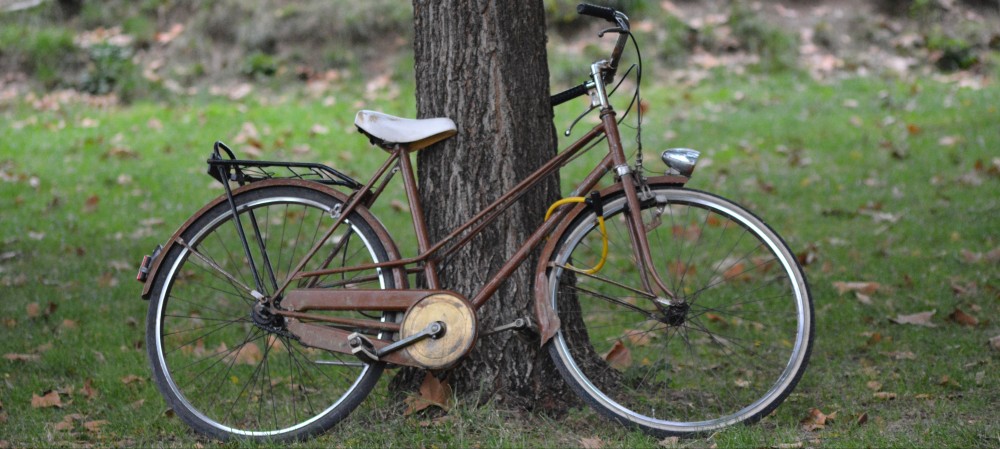 Title: The Little Book of Lykke
Title: The Little Book of Lykke
Author: Meik Wiking
Genre: Nonfiction, Life-style
Publisher: Penguin Life
Publication Date: September 7, 2017
Pages: 288
Format Read: Audiobook
Standalone or series: Standalone
Where I got the book: Library Libby app
Date finished reading: June 1, 2019
Goodreads Description: Lykke (Luu-kah) (n): Happiness
It’s easy to see why Denmark is often called the world’s happiest country. Not only do they have equal parental leave for men and women, free higher education and trains that run on time, but they burn more candles per household than anywhere else.
So nobody knows more about happiness – what the Danes call lykke – than Meik Wiking, CEO of the Happiness Research Institute in Copenhagen and author of the bestselling sensation The Little Book of Hygge . But he believes that, whilst we can certainly learn a lot from the Danes about finding fulfilment, the keys to happiness are actually buried all around the globe.
In this captivating book, he takes us on a treasure hunt to unlock the doors to inner fulfilment. From how we spend our precious time, to how we relate to our neighbours and cook dinner, he gathers evidence, stories and tips from the very happiest corners of the planet. This is the ultimate guide to how we can all find a little more lykke in our lives.
My Review: I really enjoyed Meik Wiking’s The Little Book of Hygge. It was an interesting take on finding little things to make you happy, like the feeling of being cozy, wrapped in a blanket in front of the fire. There are many studies that point to the Nordic countries, including Denmark, as being the happiest places on earth. In The Little Book of Lykke, the author discussed bigger issues of happiness, ones that are more societal. Here are some examples:
- Higher Taxes – that doesn’t seem like a thing that would bring happiness (especially for most Americans), however, in other places in the world higher taxes mean education and health expenses are paid for, so it lends a level of financial security.
- Meals with family and friends
- Get to know your neighbors
- Less time with technology and on social media
- Spending money on experiences/memories not things
- Bike and/or enjoy the outdoors
- A work and life balance
- Inspire collaboration and cooperation not competition
- Do random acts of kindness
- Write down things that you are grateful for
I enjoyed learning about the co-habitating housing in Copenhagen. This type of housing is a building with multiple apartments. However, the people in these apartments get together for joined meals. This builds a stronger community.
So much of this book reminded me of all the things I loved about my years of living in Italy. This book actually mentioned Italy as an example of a place that focuses on families first. I loved how so many dinners were times I got to spend conversing with my husband and friends instead of just meals to be consumed while binging Netflix. Families spent meals together, including leaving work during the day to have lunch at home. I always felt that there was a good balance of work and life there – a need to work to live not live to work. I also used to bike, run and walk everywhere. If I got sick, I went in to see my doctor. I didn’t have to make an appointment, fill out paperwork, or worry about having insurance or a co-pay.
It is amazing how one adapts to the society that they exist in. Now that I live in Houston, I drive everywhere instead of biking or walking. I spend a good amount of my day in the car. My work day with commuting time ranges from 11-14 hours. This leaves very little time for family, friends, or myself. Also, everyone seems glued to their phones here, even when they are driving. Workers get excited if they are fortunate enough to have two weeks of paid vacation. Don’t even get me started on healthcare, and the struggle I have had just to find a doctor that is in my insurance plan.
I felt this book was helpful in understanding how society can actually control one’s happiness, but also helped me realize more little things I can do to bring moments of happiness into my life.
The biggest, and maybe the only, issue I have with Meik Wiking’s books about happiness is the concept that being social leads to happiness. This is part of what makes co-housing (mentioned above) so appealing. As I’ve gotten older, I have realized more and more that I am very much an introvert. Social gatherings actually cause me stress and anxiety, unless it is small groups of friends or family. I have had jobs where I need to constantly collaborate with others, but I actually enjoy my current job much more, where I spend most of my time alone crunching numbers. Happiness may not always come from social experiences.
My Rating: ♦ ♦ ♦ ♦
What things do you do that add happiness to your life? What would you change if you could?
